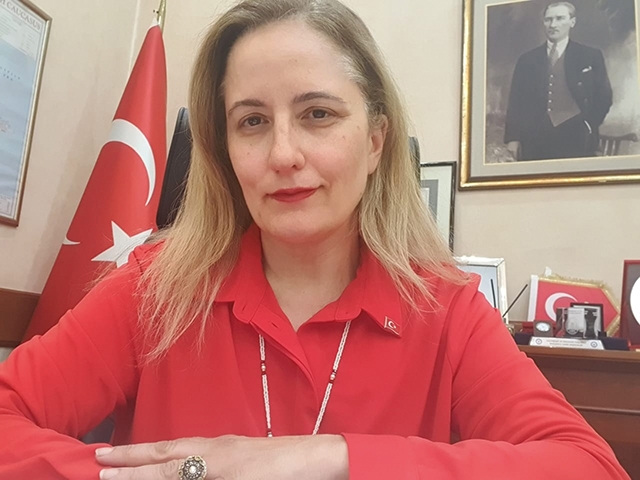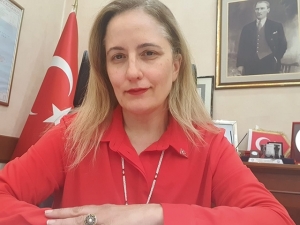Turkish Ambassador: We Need Connectivity to Get Re-Established
Interview
As part of GEORGIA TODAY’s ongoing ‘Ambassadors Go Live’ series, we spoke to the Turkish Ambassador to Georgia, Fatma Jeren Yazgan, about COVID-19 past and present, and took a look ahead to world recovery.
First, the latest COVID-19 statistics from Turkey, which is 783,562 km² and has a population of 82 million.
Turkey appears 15th on the Worldometer coronavirus list. There are 16,145 active cases, of which 1,172 are critical. 5,282 Turkish citizens have died and total cases currently stand at 208,938.
How have you and your Embassy coped and adjusted and helped Turkish citizens living in Georgia, during the pandemic?
In the first months we were basically trying to keep safe, follow government guidelines, and to inform and advise our citizens on the pandemic as it progressed in both countries. Our foremost concerns were public health and accessibility to information, because people were worried whether they would have access to essential aid. We tried not only to inform but to ensure that our citizens were provided with due assistance. Georgia being our land neighbor made it easier to coordinate the transportation of our citizens, which was one of the core issues that we had to keep up with. I’m thankful for the cooperation, assistance and understanding on the part of the Georgian authorities.
Another thing we had to do was to inform our citizens of the measures introduced by the Georgian government and the rules they had to follow. So this was a time for us when we, as a team, had to concentrate and think of the best ways to deal with the pandemic. We had an interesting time understanding our roles, functions and capabilities.
What steps have Turkey’s government and healthcare system taken to fight COVID-19, and how effective do you think that fight has been?
There are a couple of aspects concerning the fight against COVID-19. First, it was vital to investigate the virus itself: we had seen that some European countries went through a difficult process of dealing with the pandemic and sometimes failed to address the problems, so like everybody else, we checked our potential, and it turned out that our healthcare system was strong enough to deal with the illness. Another challenge was to fully inform our citizens so that they could take full responsibility for their actions. We had certain issues when, for instance, people did not understand why it was so important to avoid public gatherings; that certain traditions and the life as we knew it before the virus had to change. The measures that the government took to address such issues were all controversial and sensitive for the public, but in most cases they were effective. I think the biggest success for the Turkish government in the fight against the virus was coordinating the medical response, following up the latest information on the formulas for treatment, and ensuring the capacity building for the intensive care units. I’m very proud to see that the Turkish private sector, together with the small technology startups which started some years ago, were able to invent, build and start serial production of ventilators in a very short time, which also helped instill hope in the public.
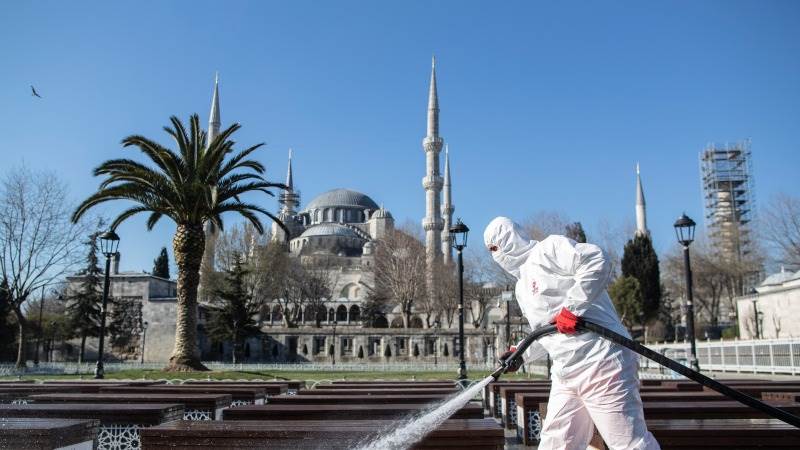
Another huge step that the Turkish government took was to increase COVID-19 testing, with over 50,000 tests conducted in a single day. The needs of the frontline healthcare workers became another priority, as they sacrificed so much in this crisis. The same was the case for Georgia. All these issues are not over yet; we’re just now managing them better. But we still need to be alert. The governments are now responsible for managing this balance between freedom and the economy, and we as people have a responsibility to obey the fundamentals in this fight.
How did Turkey support its citizens, especially those who lost their jobs due to the crisis?
There were a couple of financial packages introduced to support workers and businesses, particularly small and medium enterprises. With the introduction of these measures, keeping employees was made easier, credit lines became more affordable, and there were some incentives on the subsidies for certain sectors, like the construction sector. Most of the measures were targeted not towards immediate financial aid, even though there was some, but to inventing measures that would ensure the overall sustainability of the economy.
How do you see Turkey in six months or one year’s time in terms of economic recovery?
We’re now seeing that in the last couple of months, our exports and imports have increased, our trade is continuing, which is a very good sign for any economy. This general supply and demand contraction globally will have an impact on all of us. This year, we intend to work on the domestic tourism sector; and I hope that this crisis will not be instrumentalized as a global economic financial tool of foreign policy, because we’re all in the same boat. We’ve lived through many crises and we’ve made it, so I’m sure the Turkish tourism sector and the economy in 2021 will not be far away from any other robust economy.
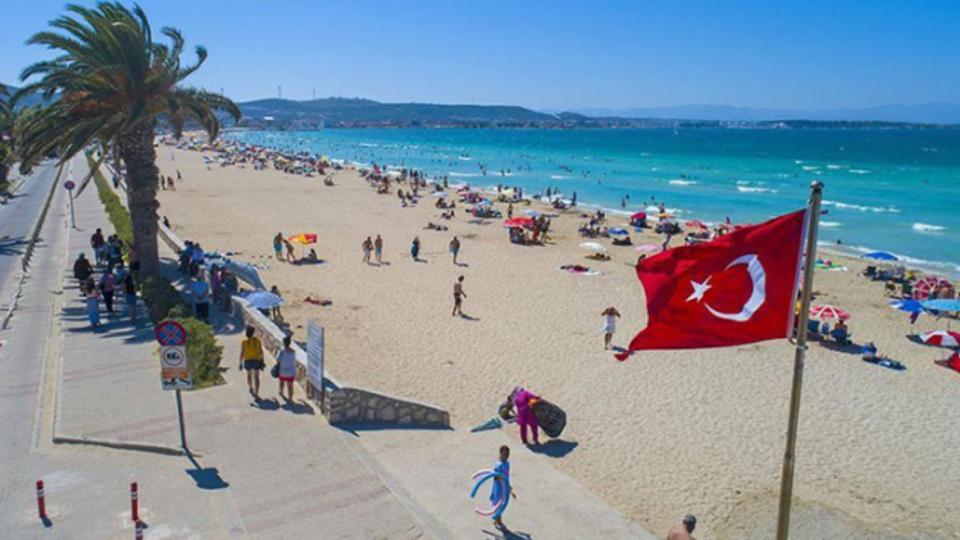
Can you tell us about Turkey’s development of a vaccine?
The Turkish healthcare sector is involved in the global endeavor. There are many professional and experienced doctors in Turkey, and they do believe in the benefit of this vaccine. And once it is established to be healthy and safe, we’ll be introducing it to our public. It’s an ongoing business, Turkey can’t be separated from the WHO or other partners. It’s team work.
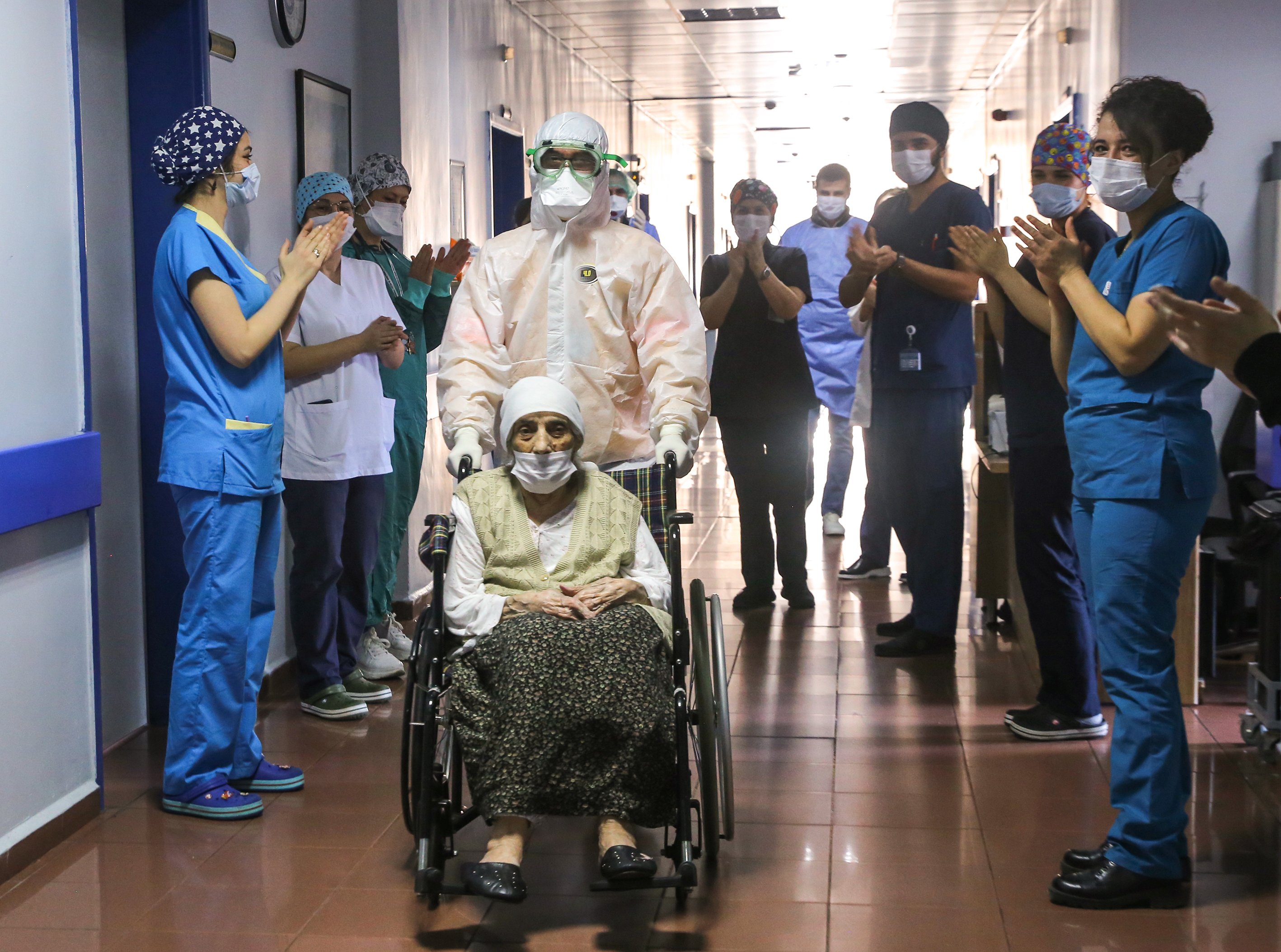
Many publications, both in the US and Europe, have praised Georgia’s handling of the pandemic. What’s your take on that?
The Government of Georgia did a very good job in controlling the pandemic. There are also things that it could be criticized for, like any other government, but this is a case of “lessons learned”. And I think they did the best any government could do here. But it’s not over yet. Issues to consider are, for instance, how to open the economy when you have been controlling the pandemic at such a successful level, regarding the number of patients and capacity of the Georgian health system? And allowing for business trips without 14 days’ quarantine. We need connectivity to get re-established. Turkish Airlines is ready and they are waiting for the Georgian government’s decision. I think that we need to see how we can help the Georgian government to make that safe transition. It is the same issue internationally. It is also a public demand. We have seen Georgian people coming home to Georgia, one or two, not many, infected with the virus, and they were very successfully detected, quarantined and healed. Georgia is capable of handling the virus now, but if the numbers go beyond, what happens then is the question.
In the first months of this COVID-19 crisis, 25,000 trucks crossed the Sarpi border, which means 25,000 drivers: some Turkish citizens, some Georgian. They were quarantined safely. But what happens when it’s tourists, not truck drivers? It’s all under discussion, but we all know we have to open up the economy, because there is no alternative for sustainable recovery.
Where do you see Georgia in six months or one year in terms of economic recovery?
I can’t predict, to be frank. Because it will be speculation. Georgia has elections coming up in October, which is an important event on the agenda. As I see, economic recovery is not only a COVID-19 issue, it is also a political one. I’ve heard complaints from entrepreneurs, but I’m sure the government is trying to take steps to make people happy, and they will try to address the issues raised. It is rational political behavior. When the tourism sector, the services sector, come back, and start generating income, there will be a very good program in terms of inviting investors. The government started the program ‘Enterprise Georgia’ together with the Ministry of Economy, and they are revising what can be done to further attract FDI. These upcoming two years are a great time for construction, because the markets globally will be coming back with higher prices. The Turkish business sector is interested, looking favorably at the sectors to work with their Georgian partners. We don’t know when the post-COVID period will come, but let me say two things about Turks and Georgians: first, we lived through the difficult 90s, when the money inflation in Turkey was 120%. And here, too. Second, we’ve both lived through the comfort zone following the 90s, when we were able to consume more, to have holidays abroad. Now it is time to re-discover our neighbors, for people to learn how to produce more, and maybe spend less, or consume more smartly. And I think both Turks and Georgians are resilient enough to make it through.
What has your biggest take-away been from this whole pandemic experience?
My biggest take-away is that we shouldn’t take anything in our lives for granted. The freedom to go to restaurants and have a cup of coffee was taken from us by an invisible enemy: COVID-19. We should pass this awareness on to our young generations, teach them not to take things for granted. We have to be more flexible and adaptable. And realize how important it is to have solidarity. Communities should come together. Seeing nurses and doctors putting their lives at risk in the hospitals, seeing their noses bleeding from wearing face masks while people complained of boredom while having to self-isolate at home…it made me realize we need to be more resilient and more understanding and to be more responsible. COVID-19 is not over yet, but I do believe it’s a journey that will change our lives.
Interview by Katie Ruth Davies
Transcribed by Ana Dumbadze and Elene Dzebishashvili
